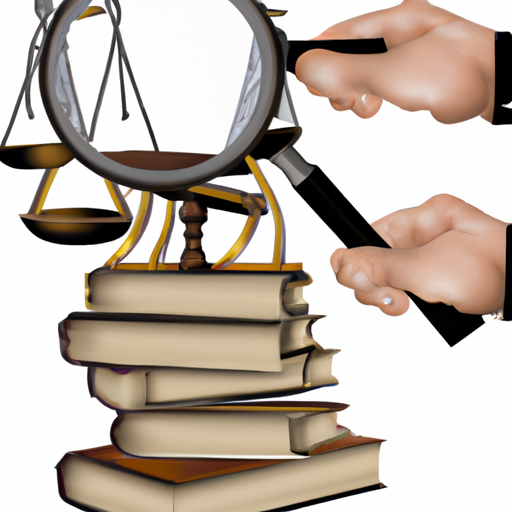Censorship in Literature: An Ethical Dilemma
Censorship has been part of our world's history for centuries, pervading every facet of human communication from art to journalism, and most notably, literature. It presents itself as a double edged sword of sorts, having its roots in legitimate protective purposes but often misused as a tool of manipulation.
Historical Evolution of Censorship
Originating from the Latin word ‘censere’, meaning ‘to estimate or assess’, censorship has played a noteworthy role throughout human civilization. Initially, it was used as a means to maintain social order and harmony by suppressing any ideas that challenged established norms. However, as societies evolved, so did the sophistication of censorship, often revolving around politics, religion, and social convention.
Responsible Censorship vs. Manipulative Censorship
In the sphere of literature, distinguishing between appropriate and undue censorship can be a complex issue. Responsible censorship aims to protect the community by eliminating content that incites violence, hatred, or disseminates misleading information. On the contrary, manipulative censorship seeks to suppress ideas that challenge the status quo, effectively controlling collective thought and suppressing freedom of speech.
The Ethical Dimensions of Censorship
The ethics surrounding censorship in literature have been so contentious it often sparks debates about its infringement on the sanctity of free speech. Some argue that it safeguards communal sensitivities and prevents potential harm. However, others believe it's a fundamental violation of an individual's right to articulate their ideas freely, thereby brewing a vehement discourse on censorship's ethical validity.
Case Studies: Impact of Censorship on Literature
- 'Fahrenheit 451' by Ray Bradbury: This fictional work gives a chilling account of a dystopian society where books are burned, signifying the destructive potential of censorial practices.
- 'To Kill a Mockingbird' by Harper Lee: Despite its powerful narrative against racism, it faces frequent censorship for its explicit mention of racial violence and profanity.
- '1984' by George Orwell: It provides an insight into a totalitarian regime that uses censorship as a tool to manipulate the collective consciousness of the society.
A Balanced Perspective on Censorship
While the protective aspects of censorship can't be entirely discounted, it's undeniable that unchecked censorship can lead to the stagnation of creative thought, and serve as a vehicle of manipulation. Constructive criticism and dissent are as necessary for societal growth as maintaining the social fabric by preventing the dissemination of harmful content. Therefore, the application of censorship, especially in literature, should be carefully measured and balanced.

















Comments
Leave a Comment